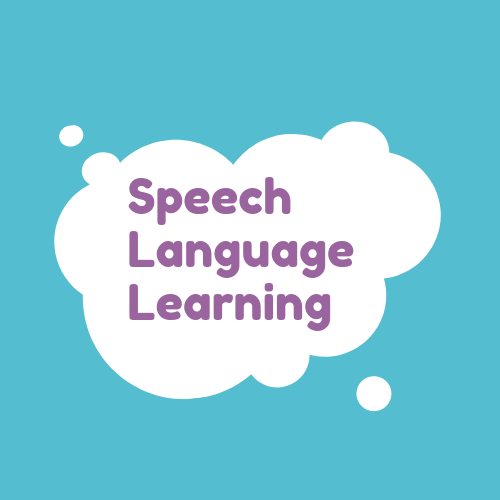Parental Involvement in Speech and Language Therapy: Key Role of Pediatric Speech-Language Pathologists
Speech and language disorders are common in children, affecting their ability to communicate effectively. Parents play a vital role in their child’s progress during speech and language therapy, and the guidance of a pediatric speech-language pathologist (SLP) is crucial. A pediatric SLP is a professional who specializes in diagnosing and treating speech and language disorders in children.
One important aspect of speech and language therapy is parental involvement. Parents are the primary caregivers and spend the most time with their children, providing an ideal opportunity for effective intervention. A pediatric SLP works closely with parents to devise an individualized treatment plan tailored to the child’s specific needs.
The involvement of parents starts with the initial evaluation conducted by the pediatric SLP. The pathologist assesses the child’s speech and language abilities, identifying any deficits or delays. During this process, parents are encouraged to express concerns and provide relevant information about their child’s communication skills. This collaboration ensures an accurate diagnosis and paves the way for an effective treatment plan.
Once the therapy begins, parents are provided with resources, strategies, and materials to support their child’s progress beyond the therapy sessions. The pediatric SLP educates parents about the goals of therapy and trains them to implement specific techniques at home. Consistency between therapy sessions and home activities enhances the child’s learning experience and accelerates progress.
Incorporating speech and language exercises into daily routines and playtime is a key responsibility of parents. They may engage their child in activities that promote language development, such as reading books, engaging in conversation, or playing interactive games. The pediatric SLP guides parents in choosing appropriate activities and monitors progress during follow-up sessions.
Parental involvement is not limited to home-based activities. In many cases, the pediatric SLP conducts therapy sessions with the active participation of parents. This model of therapy allows parents to observe the therapy techniques and learn how to implement them effectively. It also fosters a stronger bond between parents and their child, as they work together towards a common goal.
The collaboration between parents and the pediatric SLP extends beyond the therapy room. Regular communication is maintained through progress reports, updates, and feedback sessions. This continuous feedback loop ensures that parents are informed about their child’s progress and can address any concerns or modifications needed in the treatment plan.
In conclusion, parental involvement plays a crucial role in the success of speech and language therapy for children. A pediatric SLP not only diagnoses and treats speech and language disorders but also educates and empowers parents to support their child’s communication development. The collaborative effort between parents and the pediatric SLP amplifies the benefits of therapy and enhances the child’s overall progress, promoting improved communication skills and a brighter future.
************
Want to get more details?
Speech Language Learning, PLLC
https://www.speechlanguagelearning.net/
(802) 551-1230
1103 Cortelyou Road, Brooklyn, NY 11218
